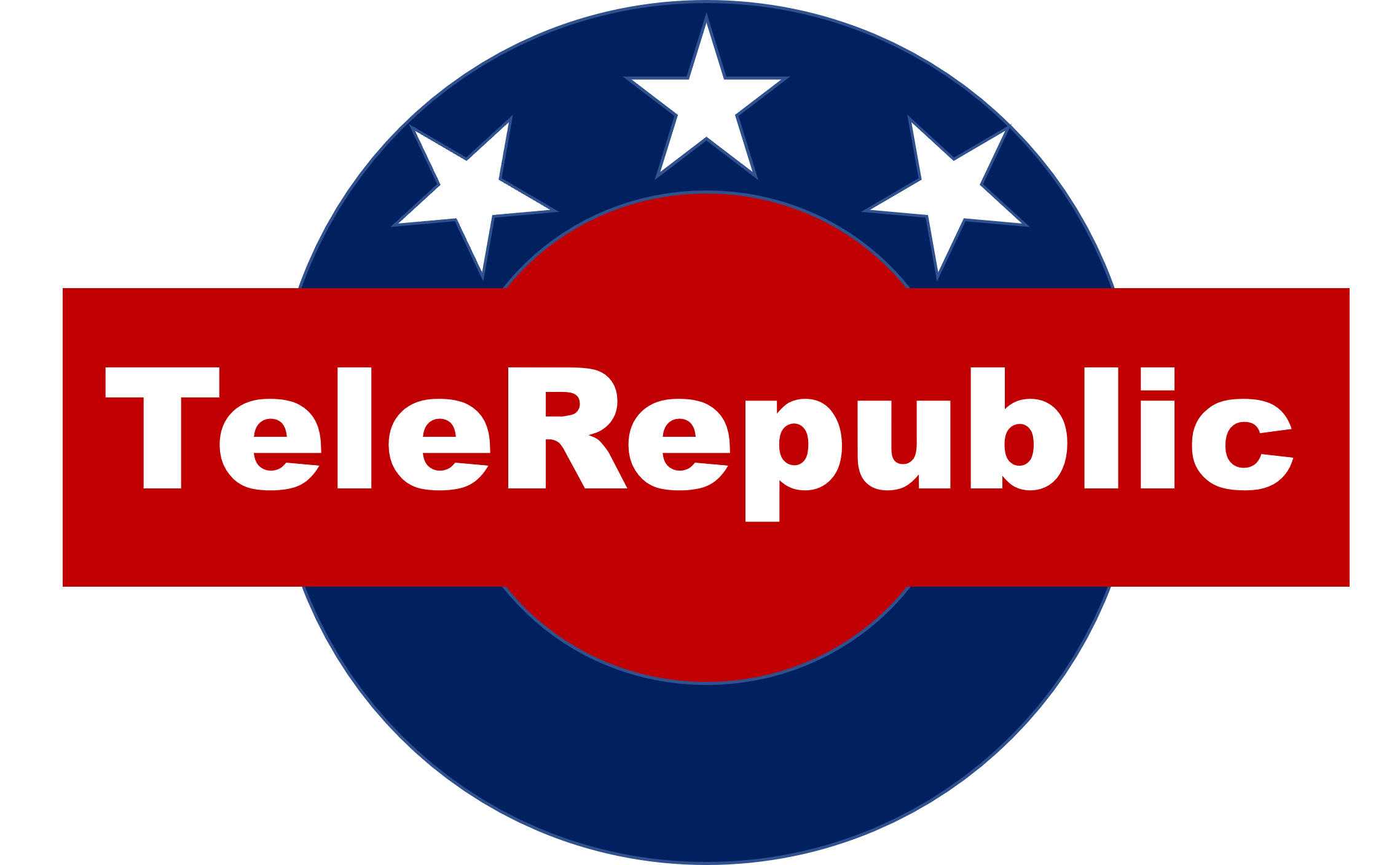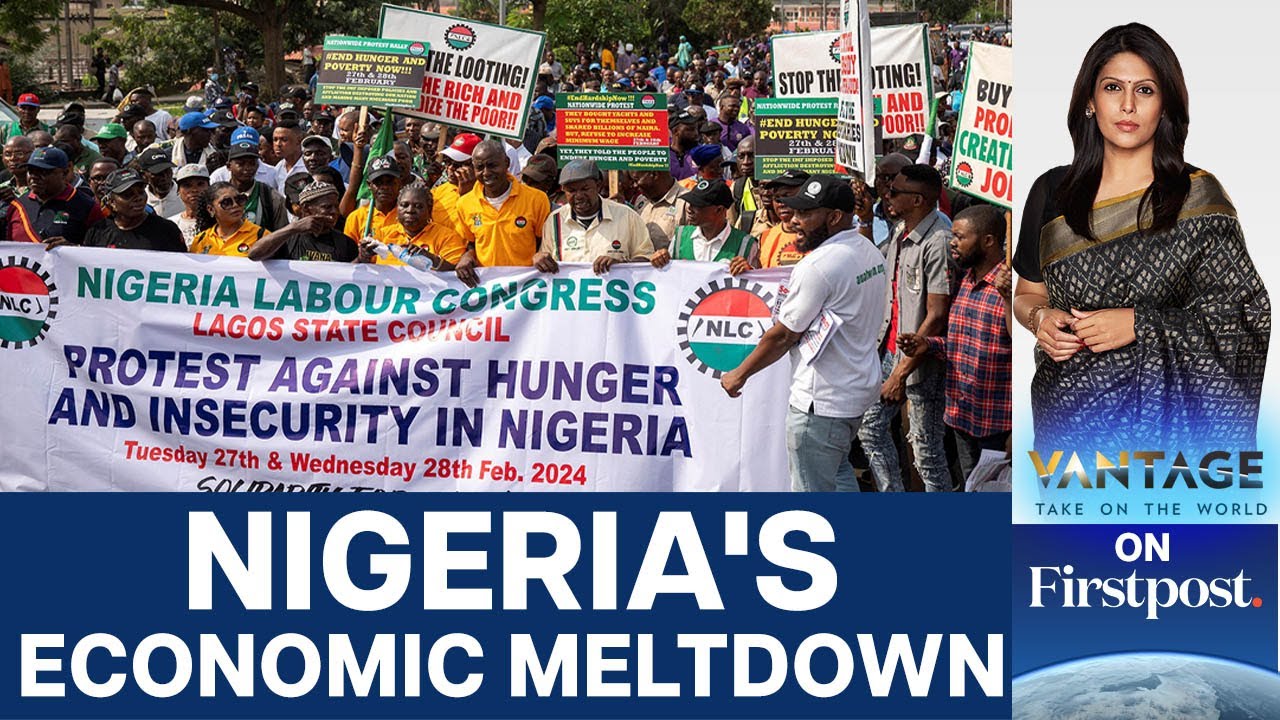In a recent statement reported by Punch, a Civil Society Organization (CSO) urged Nigerians to explore alternatives to protests in addressing the growing economic hardship. However, this mere suggestion starkly highlights the glaring inadequacies and profound failures of the Tinubu administration. Under the leadership of President Tinubu, Nigeria has been propelled into a maelstrom of economic despair and social instability, demonstrating an alarming detachment from pragmatic and effective governance.
The Crisis of Economic Mismanagement
Tinubu has failed to constructively address or even acknowledge the root causes of Nigeria’s burgeoning crises. The desperate plight of Nigerians calls for profound policy reforms and genuine empathy – none of which have been forthcoming from Tinubu’s administration.
Economic mismanagement under Tinubu’s regime has been catastrophic. Nigeria’s inflation rate has skyrocketed to over 20%, the highest in a decade. As a result, the cost of living has become unbearably expensive for the average Nigerian. Essential commodities such as food, healthcare, and fuel are now considered luxuries for many, exacerbating poverty levels and widening the socio-economic gap. According to a report by the National Bureau of Statistics (NBS), over 40% of Nigerians live below the poverty line, a staggering 83 million people.
- Inflation Rate: Over 20%, the highest in a decade.
- Poverty Rate: 40% of Nigerians live below the poverty line.
The administration’s inability to stabilize the economy has led to a national crisis – where a majority of Nigerians struggle daily to afford basic necessities. Reports indicate that food prices have surged by more than 50% in the past year alone, forcing families to choose between meals and other essential needs. This economic debacle showcases severe policy failures and a glaring lack of foresight.
Unemployment and Social Consequences
The social consequences of these economic failures are stark. Nigeria’s unemployment rate has soared to an unprecedented 33.3%, with youth unemployment rising to over 53%. This dire statistic translates to millions of young Nigerians who are jobless, disillusioned, and without hope. The lack of employment opportunities has contributed directly to rising crime rates, particularly in urban areas where the majority of the unemployed youth reside.
- Overall Unemployment Rate: 33.3%.
- Youth Unemployment Rate: Over 53%.
The weakening of the social fabric is noticeable. Communities are fracturing under the pressure of economic hardship, leading to social unrest and instability. The spike in criminal activities, ranging from petty theft to violent crimes, is a direct consequence of Tinubu’s ineptitude at the helm. This administration seems incapable of providing the economic stability that prevents such societal breakdowns.
The Human Toll: Health and Education
The human toll is equally devastating. The health sector under Tinubu’s administration is in shambles. Inadequate funding and poor management have left millions without access to essential healthcare services. According to health experts, Nigeria’s healthcare system ranks among the worst globally, with less than 4% of the national budget allocated to health. This shortfall has led to increased mortality rates and preventable diseases running rampant in both urban and rural communities.
- Healthcare Budget: Less than 4% of the national budget.
- Global Healthcare Ranking: Among the worst globally.
Moreover, the education sector, another cornerstone for national development, has been severely neglected. Nigeria’s investment in education is embarrassingly low, hovering around 7% of the national budget, despite UNESCO’s recommendation of 15-20% for developing countries. The lack of investment has resulted in dilapidated school buildings, overcrowded classrooms, and underpaid teachers. Is it any wonder that the country’s literacy rate remains stagnant?
- Education Budget: Approximately 7% of the national budget.
- UNESCO Recommendation: 15-20% for developing countries.
These figures reveal a damning truth: the Tinubu administration has deprived Nigerian youths of opportunities for better lives and sustainable livelihoods.




